Recently, the Cardiovascular Intensive Care Department, 108 Central Military Hospital successfully rescued and "revived" a 19-year-old young man who is a border guard soldier in Xin Cai (Meo Vac, Ha Giang ) with acute myocarditis in a very critical condition.
The emergency operation was performed spectacularly within 15 hours: at 2:00 pm on August 27, from Xin Cai border post, the patient was transported to 108 Military Central Hospital at 5:00 am on August 28 (both transporting and resuscitating the patient).
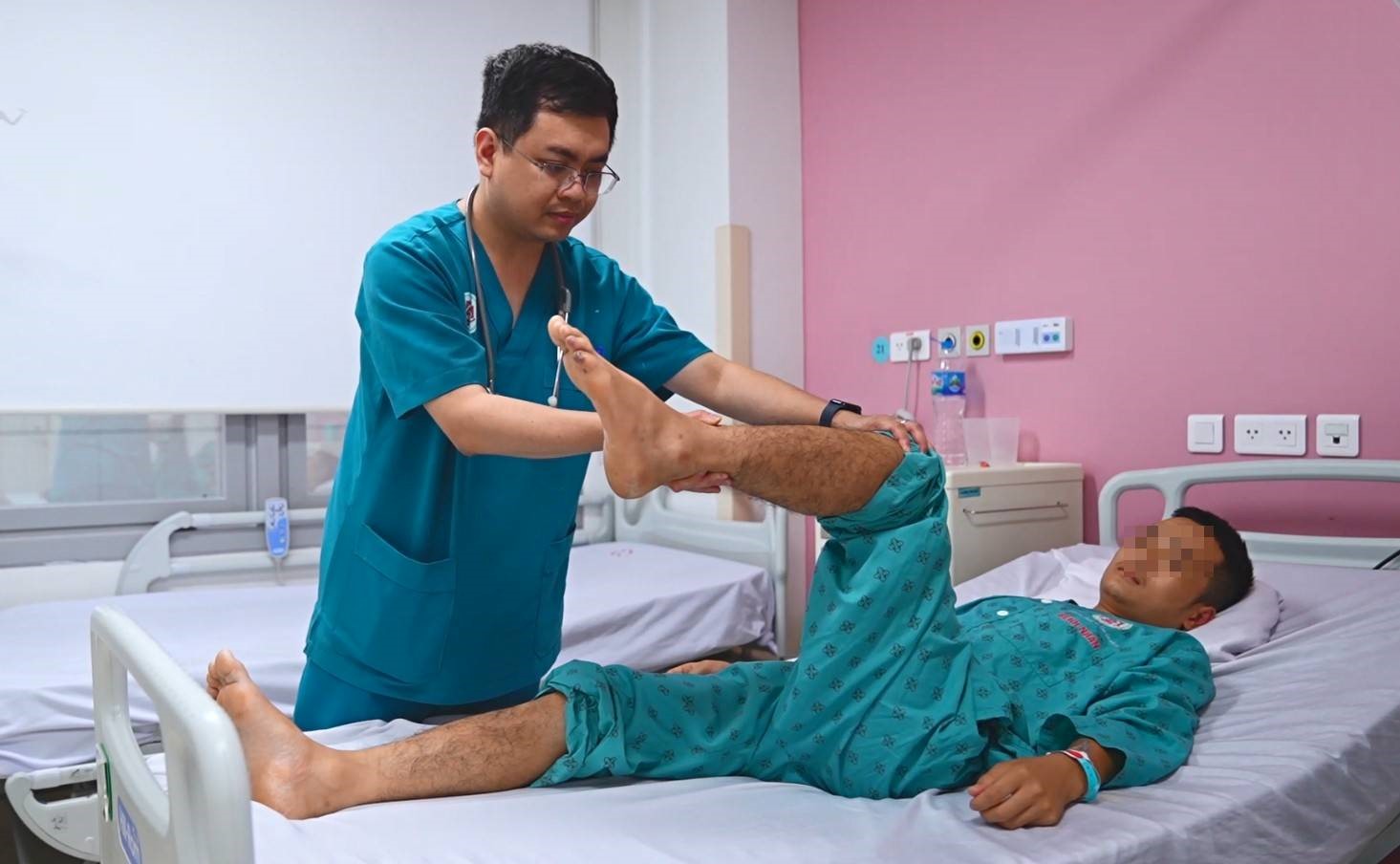
Suffering from myocarditis, transferred to Hospital 108 in critical condition, the 19-year-old border guard was miraculously saved (photo from Hospital 108).
Before that, the patient had a high fever for 2 days, fatigue, and increasing difficulty breathing. He was treated at the Border Guard Station infirmary with a diagnosis of acute viral infection. His condition did not improve.
On the third day, there was severe chest pain, difficulty breathing, blood pressure concentrated to drop to 90/40, and sometimes the patient had convulsions.
After performing an electrocardiogram at a local medical facility and detecting a complex arrhythmia, the military medical staff of the Border Guard Command of Ha Giang province immediately contacted Dr. Dang Viet Duc - Head of the Cardiovascular Resuscitation Department - 108 Central Military Hospital and was advised to urgently transfer the patient down because the patient was likely to have acute myocarditis with complications of cardiogenic shock, dangerous arrhythmia, and a very high mortality rate.
After receiving the call, at 11:00 pm the same day, the entire Cardiovascular Resuscitation emergency system was activated, reporting to the Emergency On-call System in the Hospital, and the maximum number of doctors and nurses were mobilized to the unit that night, preparing for ECMO intervention.
That night, the patient was transported by his comrades, soldiers and doctors at the Xin Cai border clinic (Meo Vac, Ha Giang) by "road" to the 108 Military Central Hospital.
Despite the landslides of several hundred kilometers due to the heavy rain that lasted for weeks, three medical comrades took turns carrying their comrade through many kilometers of forest road. That day, it was stormy and rainy, the road was very muddy…but with our comrade in critical condition on our shoulders, we continued to cross mountains and forests to take T to the emergency room.
All fatigue and difficulties seem to disappear, only seeing comradeship and teammates fighting side by side to overcome the line between "life and death".
Finally, at 5:00 am, we arrived at the Emergency Department of the 108 Central Military Hospital, recalling Mr. N, one of the three comrades carrying the patient - a military doctor from the border station.
Dr. Nguyen Thanh Huy, Department of Cardiovascular Resuscitation, 108 Central Military Hospital - The doctor directly treating the patient said: "At 5:30 am on August 28, after re-evaluating the patient's condition and determining that this was a case of acute myocarditis with complications of complex ventricular arrhythmia, persistent ventricular tachycardia with hemodynamic disturbances, at times pulseless.
VA-ECMO was immediately performed in the intervention room. At 6:00 am, the patient underwent safe ECMO awakening with the most modern Cardiohelp system in the world at the present time, after which the indicators gradually stabilized.
The patient's care and treatment process for the next 3 days was relatively smooth thanks to the support of the ECMO machine. Because the ECMO technique awakened the patient while still fully conscious, the symptoms of sudden leg pain were described, leading to our early detection of thrombotic complications causing acute occlusion of the left popliteal artery;
The Department of Cardiovascular Diagnosis and Intervention has successfully performed thrombectomy.
The patient's clinical condition improved day by day, the arrhythmias were controlled, blood pressure returned to normal and the patient was removed from ECMO after 3 days, continued to recover and practice walking and was ready to wait for the day of discharge to return to the unit with his comrades and teammates, Dr. Huy continued.
“Thanks to the love of my comrades, from Xin Cai border post to 108 Central Military Hospital, I feel like I was “reborn” again.
I miss my brothers in the unit very much. After returning to the unit to continue performing my duties, if my health allows, I will strive to become a border guard officer, dedicating my whole life to the cause of protecting the country's borders" - the face of the twenty-year-old border guard boy lit up with a bright smile, steadfastly expressing his wishes.
Compared to traditional ECMO, awake ECMO helps promote the advantages of self-breathing and wakefulness, reducing the rate of complications and mortality. According to a large, multi-center study recently published worldwide, the survival rate of awake ECMO patients is significantly higher than that of traditional ECMO, Dr. Dang Viet Duc - Head of the Department of Cardiovascular Resuscitation, shared.
In the future, the ECMO awakening technique promises to bring many prospects, high efficiency, and is a new driving force in line with modern medical trends.
Source








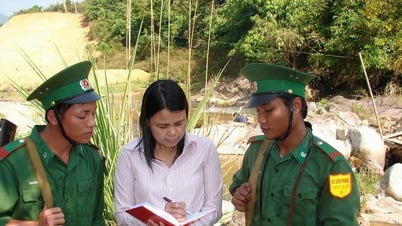

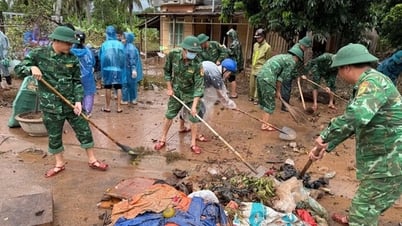

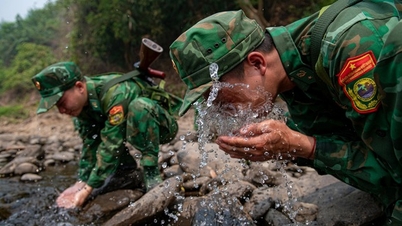


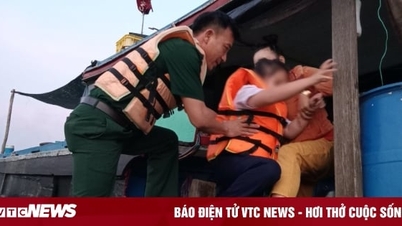

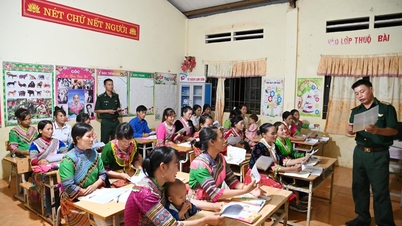




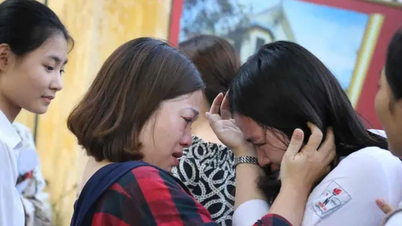

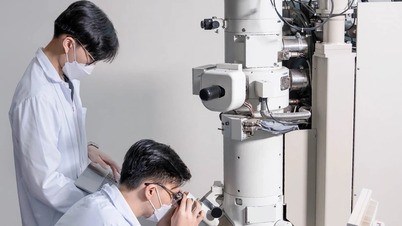
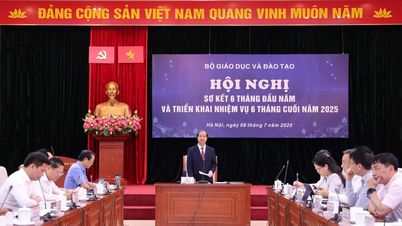
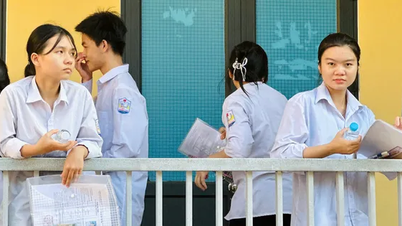





















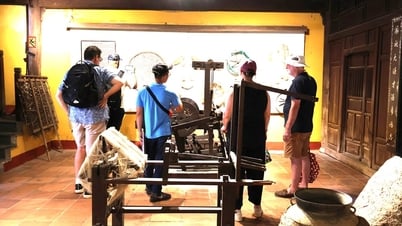






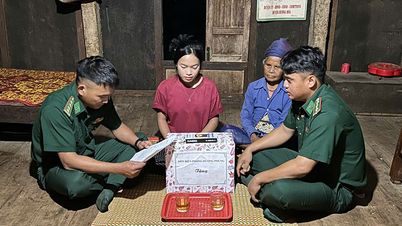

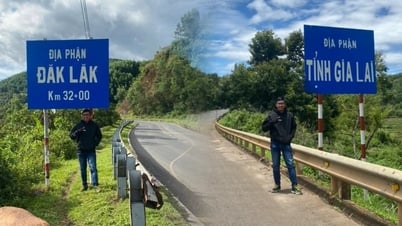


















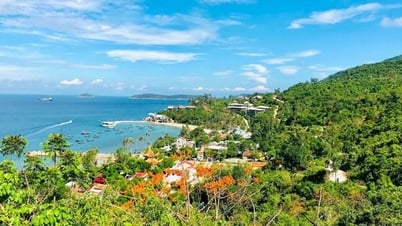
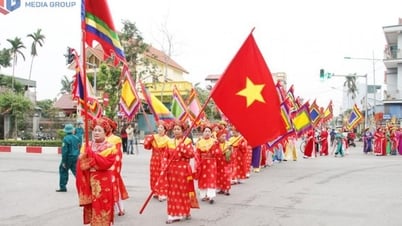
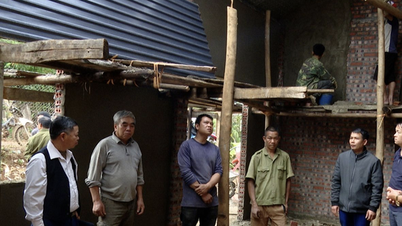
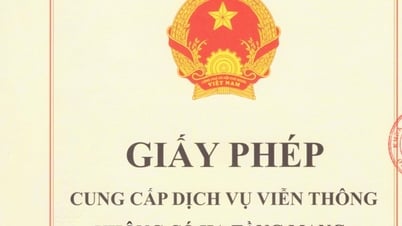




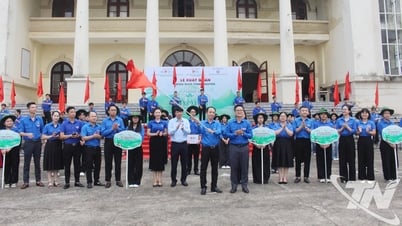



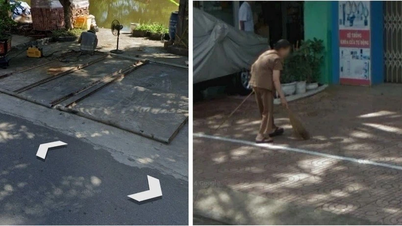

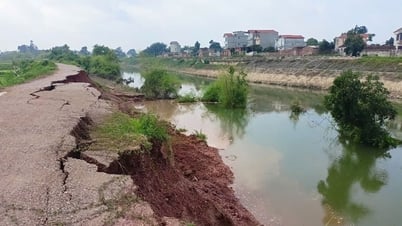

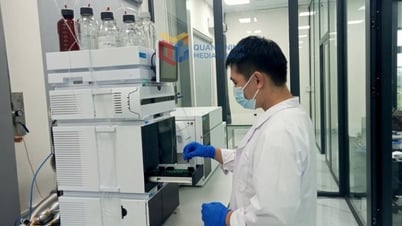












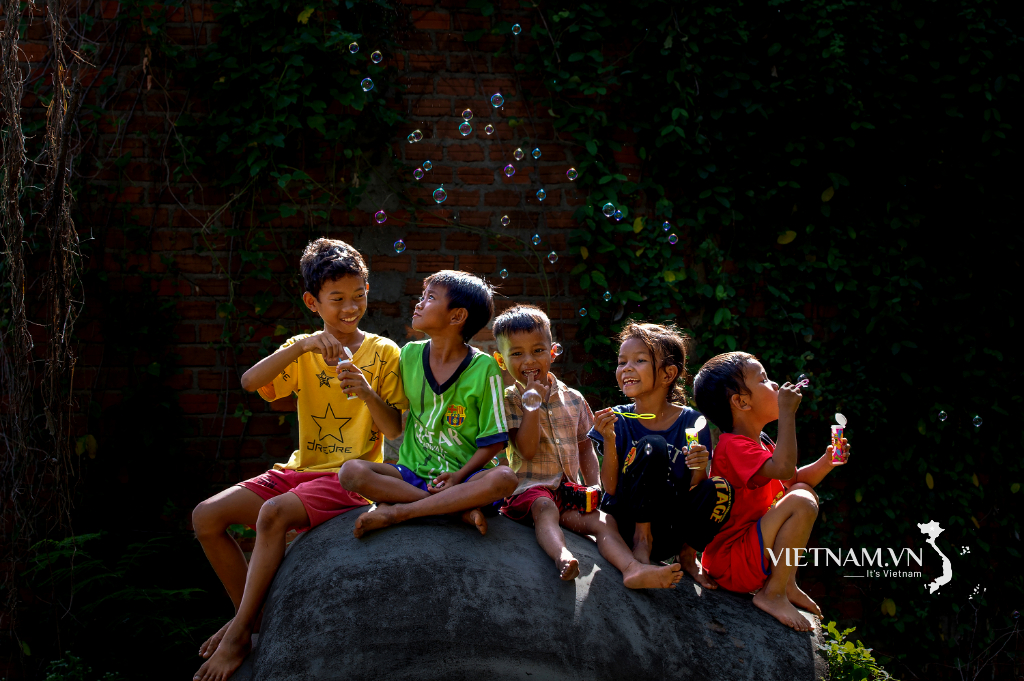
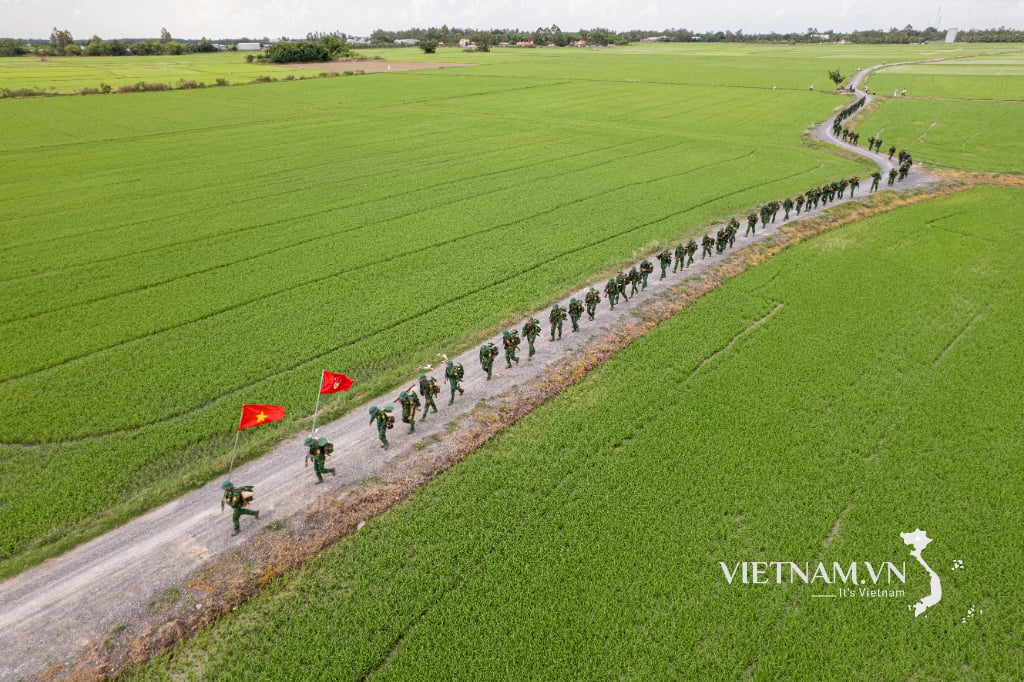
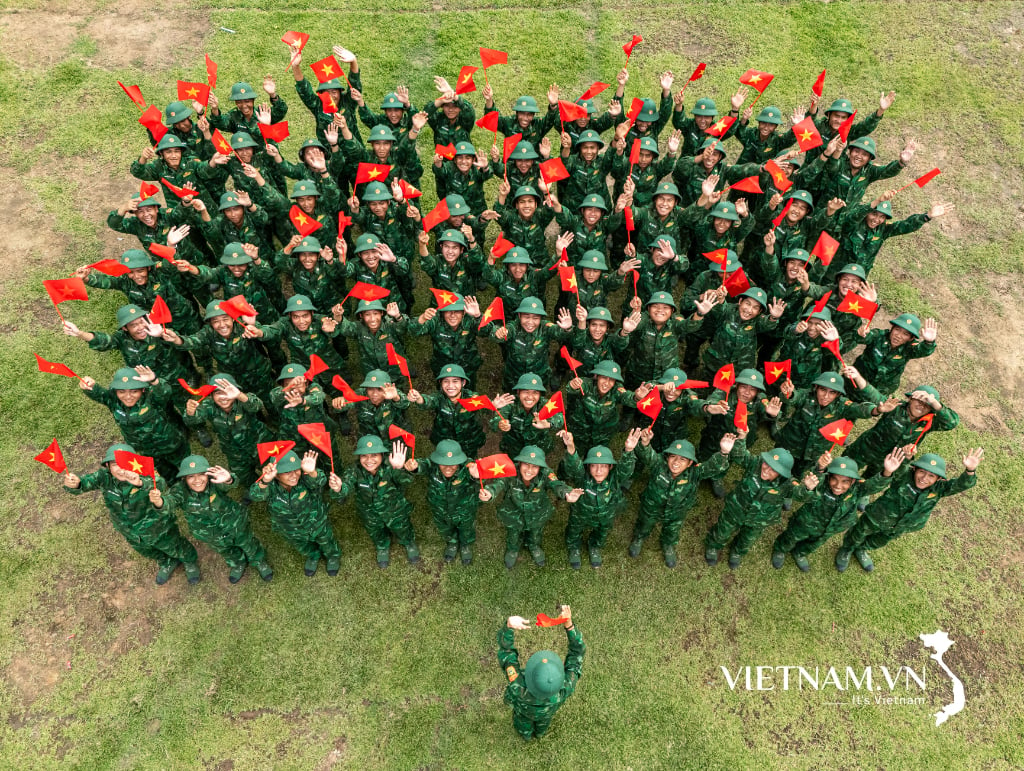
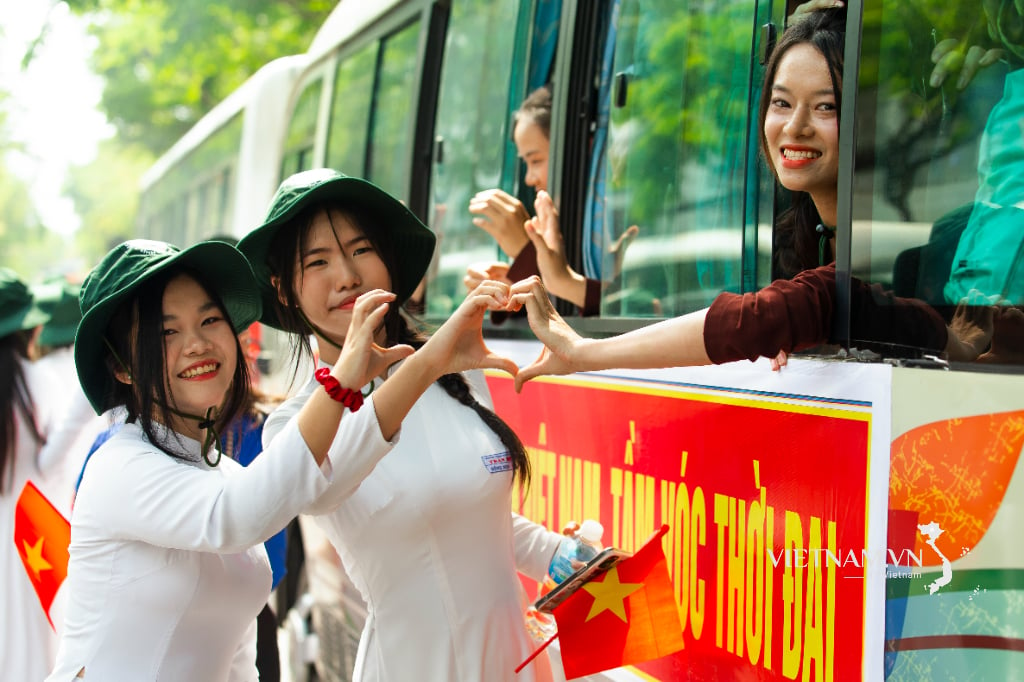
Comment (0)